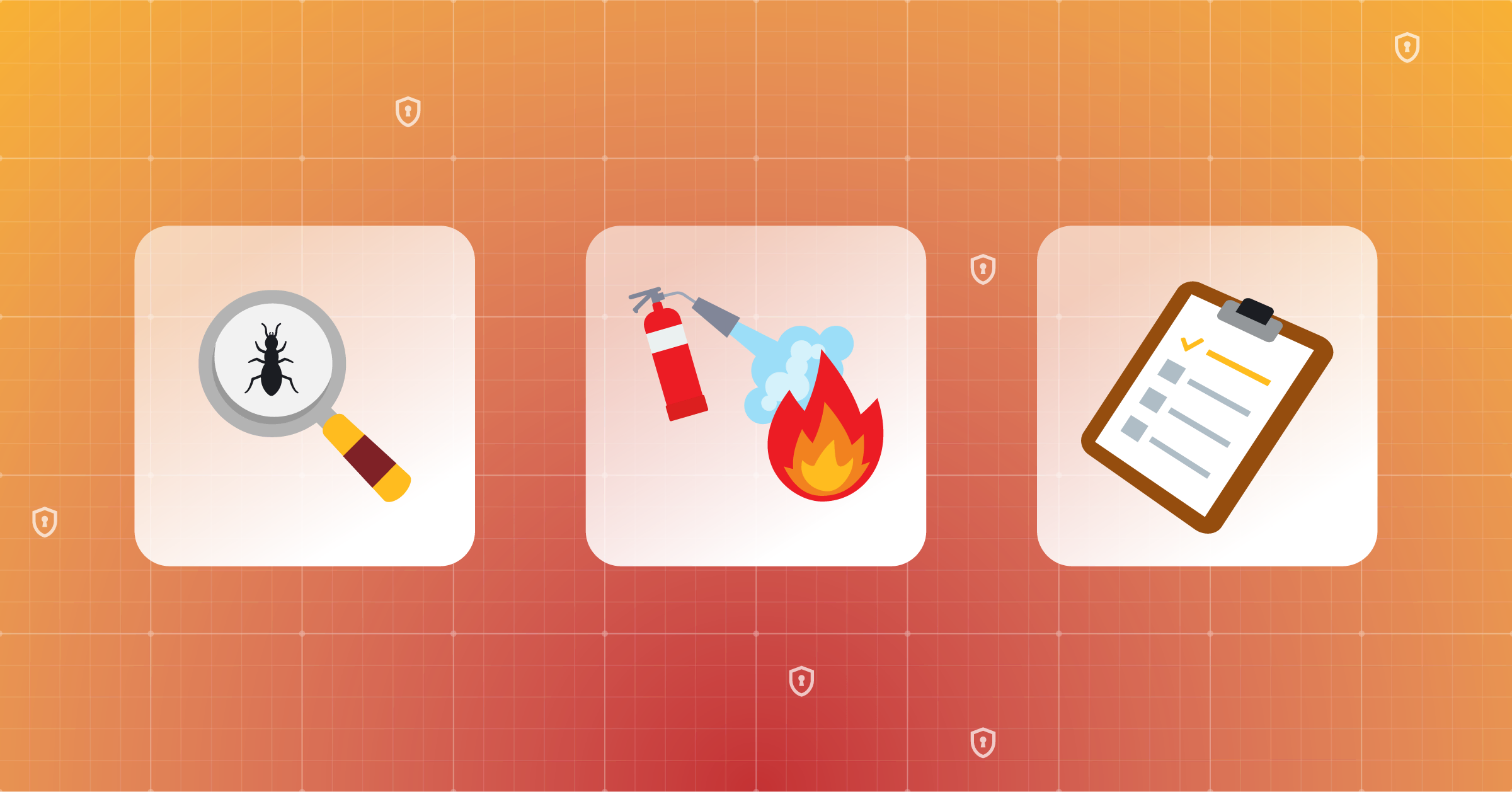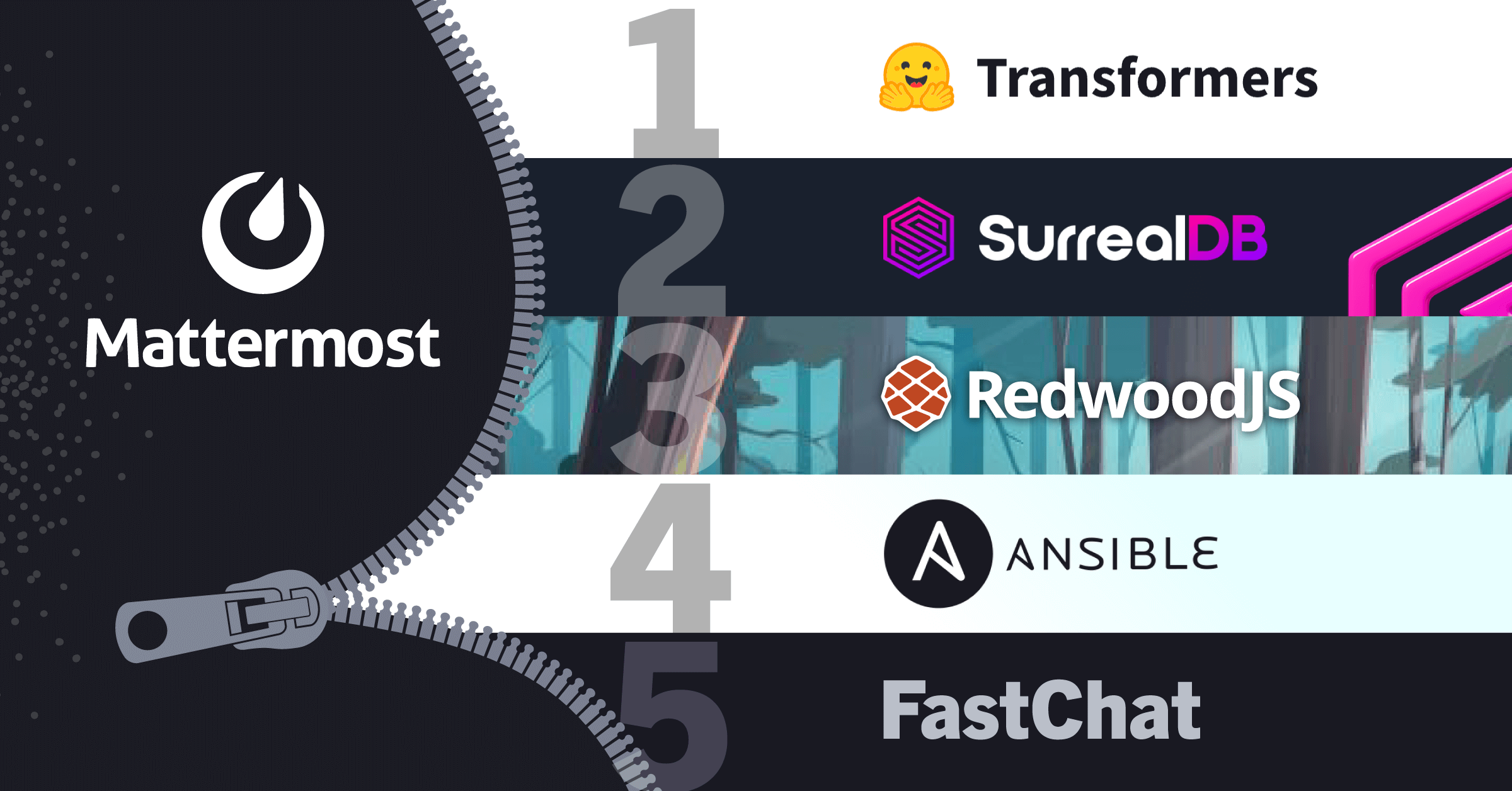
5 open source projects to contribute to in 2023 | Open Source Matters
Welcome to Open Source Matters, where we cover the latest developments in open source technology. In this special edition, we’re covering 5 open source projects you should consider contributing to in 2023. I’m your host, Ben Lloyd Pearson — now, in no particular order, let’s dive in!
Mastodon
First on our list is Mastodon. Mastodon is a federated social network that has been around for a while, but events over the last year or so have put it in the spotlight in ways it’s never experienced before, and Twitter seems to be the source of all this attention. Last year, following his ban from Twitter, we reported on the legal troubles former President Donald Trump got into when he stripped the copyright off a modified version of Mastodon and used that to launch his own social network: Truth Social.
Well, amid growing backlash over Elon Musk’s recent purchase of Twitter, Mastodon has had its most successful stretch of months in the project’s history by growing from 300,000 monthly users to 2.5 million from October to November of this year.
In a recent blog post the project’s founder, Eugen Rochko, outlined the importance of decentralized control over the means of interacting with your social network. He further states that “centralized platforms can impose arbitrary and unfair limits on what you can and can’t say while holding your social network graph hostage.” He also says that self-hosted, open source solutions like Mastodon enable organizations, journalists, publishers, and other content producers to reach their audience directly with no middleman.
I’ve long been a fan of Mastodon because I think consumer-facing apps are a space that absolutely needs more open source software. If you want to contribute to Mastodon, head over to joinmastodon.org where you can learn about their community. They’re looking for people to help find and fix bugs, improve documentation, translate the platform, and run federated instances.
Sigstore
The next project on our list is Sigstore. It seems that not a month goes by without software supply chain security making the news, and Sigstore has found its way as a focal point in the fight to make our software supply chains more resistant to malicious hacks and unintentional mistakes. Sigstore is a collection of libraries to sign and verify software so you can better trust the software you’re using.
Sigstore was one of the first projects to come out of the Open Source Security Foundation, an organization that was founded under the Linux Foundation back in 2020. Sigstore was released in 2021 and now has more than 20 active organizations including Cisco, GitHub, Red Hat, VM Ware, and Purdue University.
We chose to include Sigstore in this list because the project focuses on a topic that was the subject of both a congressional hearing and a presidential executive order this year, and it was recently rolled out to all GitHub users who publish npm packages. If you want to get involved, the Sigstore community is looking for people to help define the project’s direction via participation in their workgroups. Go to sigstore.dev/community for information about how to get involved.
Gymnasium
Gymnasium is the next project on our list. You might be familiar with some of the viral projects to come out of OpenAI in the last year; they’re the company behind a suite of AI-powered web tools that enable users to generate content from simple prompts. DALL-E was their first hit of the year; it’s a tool that generates images based on user-provided criteria. More recently, they launched ChatGPT, a chatbot that went viral earlier this year because of its effectiveness at generating high-quality responses to a wide range of conversational text input. Most recently, they launch Point-E which generates 3D models from text input in a similar fashion as Dall-E.
Well, you can imagine that building all of these tools requires some pretty powerful machine learning capabilities, and one of the major sources of this success is the Gymnasium project; an open source Python library to develop and compare reinforcement learning algorithms by providing standard APIs, learning algorithms, and testing environments. OpenAI launched this project back in 2016 and transferred it to the newly-launched Farama Foundation in October of last year. The Farama Foundation is a nonprofit designed to host major open source reinforcement learning libraries to standardize, improve reproducibility and performance, and add quality-of-life features for reinforcement learning tooling. Their goal is to reduce the engineering effort required to apply reinforcement learning to research and industry.
We chose to include this project because of how much they’ve reduced the barrier to entry to getting started with reinforcement learning. This is a fairly new concept in software engineering, and, as such, the tooling and practices still have a lot of room for improvement. The impact of these tools is increasingly becoming evident as more products built on these concepts enter the market. If you want to get involved, the Gymnasium project seeks contributors to find and fix bugs, improve documentation, and add new core features. Head over to the Farama Foundation website to learn more.
Neovim
Next up is Neovim. Vim vs. Emacs, is a battle for the ages, but perhaps we’re beginning to see a clear winner emerge. Vim is over 30 years old at this point, and naturally, it’s struggling to keep up with the demands of modern developers. Neovim is an aggressive refactor of the Vim source code to simplify maintenance and bug fixes, divide the work among multiple developers, enable the implementation of modern user interfaces, and improve extensibility through a new plugin architecture.
Major changes from Vim include a CMake-based build system, removing legacy features and platform-specific code, and a new plugin architecture that supports plugins in any language. We’re including this project in our list because it has been the most loved IDE in the StackOverflow developer survey for two years running, so they seem to be doing something right. The project also appears to be revitalizing interest in the long-used developer tool ecosystem that has been built around Vim.
If you want to get involved, the Neovim community is looking for people to find and fix bugs, improve documentation, tackle low-complexity issues, merge Vim improvements, and create custom plugins. Take a look at neovim.io to learn more.
Dagger
The last, but certainly not least entry on our list is Dagger. If I asked you to list the things developers need the most in 2023, chances are that yet another CI/CD tool would be towards the bottom of that list given the vast selection of tools already on the market. However, Dagger isn’t quite like other CI/CD tools, so it might be deserving of a second look. Dagger is a CI/CD as code solution that enables you to manage your CI/CD pipelines in the language of your choice to build more robust, and customizable CI/CD pipelines. Solomon Hykes launched this project last Spring; he’s one of the co-founders of Docker, so he has an established history of building tools that achieve mass-market developer adoption.
We’re including Dagger in our list for this reason, but also because of the fact that they’re taking a fairly unique approach to CI/CD tooling and they’ve had an exceptional first year, growing to more than 130 contributors and 7,000 stars on GitHub. If you want to get involved, they seek contributors to help find and report bugs, make feature requests, and improve documentation.
Contribute to Mattermost in 2023
That’s our list of the top 5 open source projects to contribute to in 2023, but of course, your own list shouldn’t have to stop here. This year should be another great year for open source software, so contribution opportunities will be plentiful. Speaking of which, if none of these projects resonate with you, then come check out Mattermost and help us build the leading secure, open source collaboration software. We’re looking for contributors to find and fix bugs, tackle issues on GitHub labeled “Good First Issue,” improve our documentation, translate the Mattermost app, contribute to QA testing, write for our blog, and more. If any of this interests you, head over to mattermost.com/contribute to learn more.




